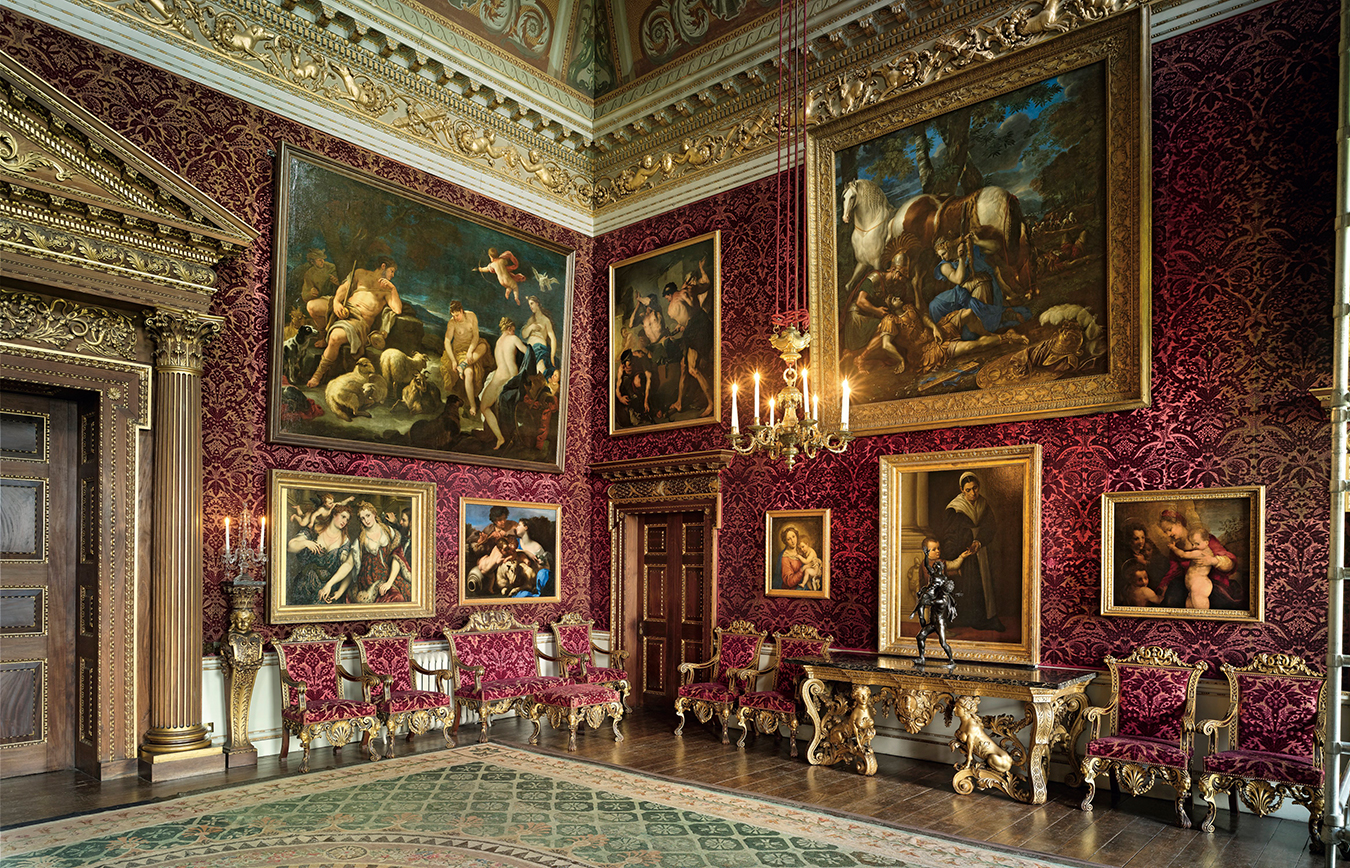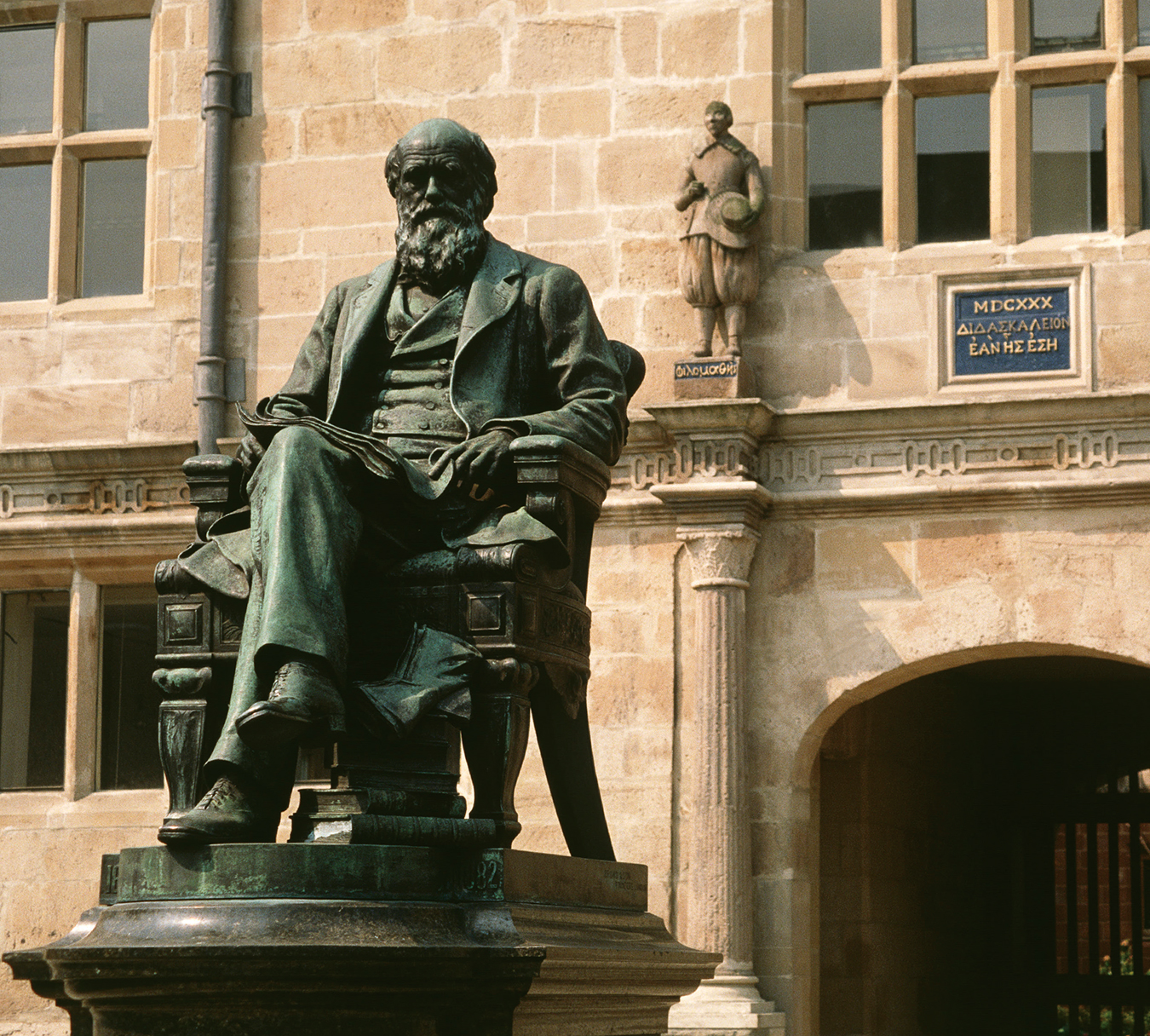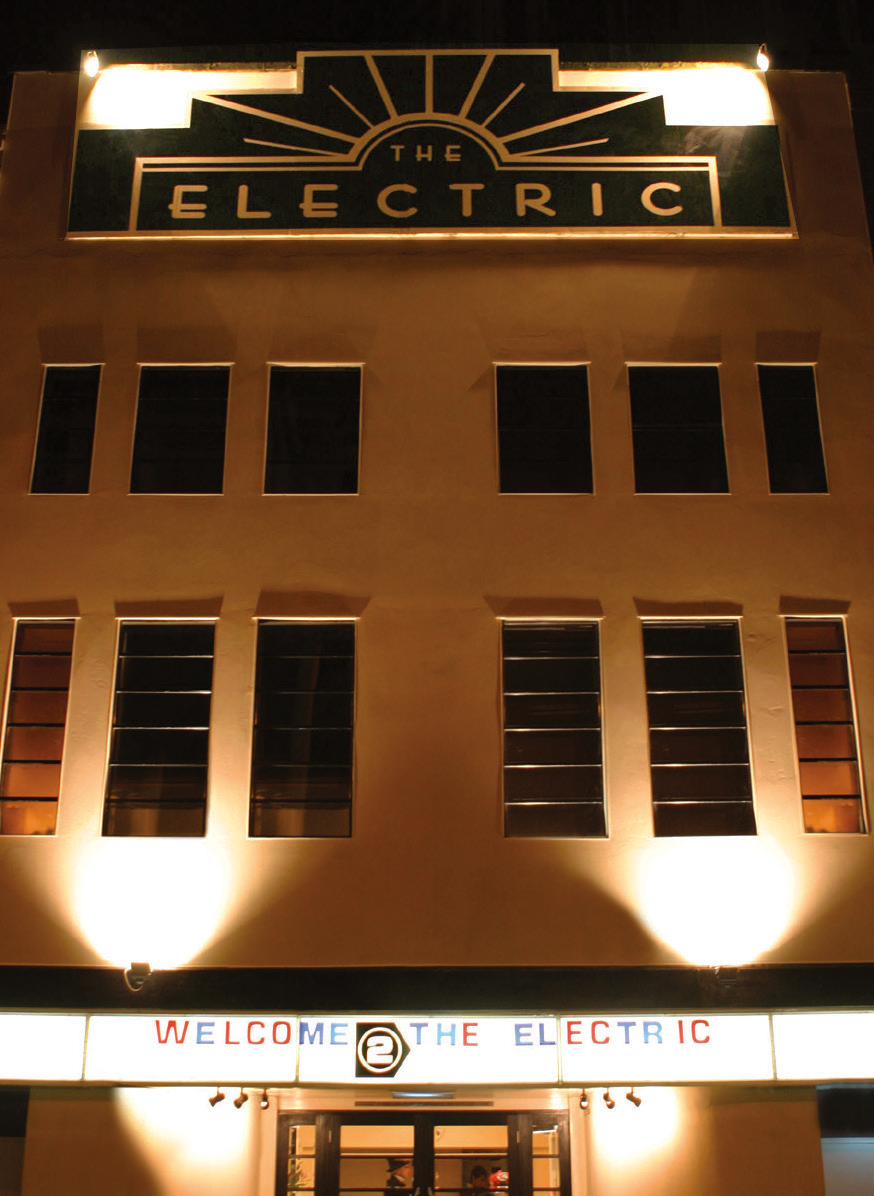Director Yann Demange’s Powerful New Short Film Explores Identity, Place, and Belonging
Yann Demange directs Riz Ahmed, Souheila Yacoub and Isabelle Adjani in the new short film, Dammi.

When he accepted the Oscar for best short film in 2023, Riz Ahmed said, “This is for everyone who feels like they don’t belong. Anyone who feels like they’re stuck in no man’s land.” No man’s land, Ahmed says, is “the grey area, the place of uncertainty, of unbelonging, of searching. I think [it] is where the best stories are told. And it’s certainly where I feel like I’ve spent long periods of my life, and that can be both a gift and a curse.”
This idea courses through Dammi, a new short film starring Ahmed and directed by Yann Demange (Top Boy, ’71). The film follows Ahmed’s character, a version of Demange himself, on a return journey to Paris to see his Algerian father, played by the director’s own dad. The story is deeply personal and walks us through an almost surreal Paris that the main character “keeps coming back to.” He meets a Parisian woman of Algerian descent, somebody he remarks is much more comfortable in her identity than he himself, a man figuratively, and multiple times on screen literally, drowning.

A still from the short film Dammi.
Coming into the project, Demange never intended to make a film so personal. After discussions with French brand AMI, which co-produced the film, he started to ask himself questions. “What does Paris mean to me? What is it? What do I think of when I think of Paris?” he recalls. “And the Paris I remember and the Paris I love evoked certain feelings and memories, and then it evoked some identity things that I thought I was past a long time ago. But I guess you revisit it at different stages in your life, and you’re like, what does it mean now? And that’s what was happening with this. I was like, what does it mean now? What am I feeling? Why am I in this point in my life when I want to have more connection, family, and maybe be a father? What does it mean to me?”
From not initially wanting to make a personal film, it is hard to imagine one more intrinsically linked with his own life than what Demange has made with Dammi. Not only does his own father star, but Ahmed had also been a friend of the director for years. “I think that was really important for me, for Yan, to work with someone he trusts in such a personal story,” the actor says. The result is an almost hallucinatory journey through Demange’s Paris, with his father’s dice games and scenes of Ahmed submerged underwater, or emerging from a manhole cover soaking wet taking the place of the shots so commonly seen in films set in Paris.

A still from the short film Dammi.
The Paris we see is not the Hallmark version, sanitized of reality. Instead it is a complicated, strange, staging ground for characters who themselves perhaps do not know what the city is to them. Ever present is the immigrant experience, for the characters as Algerians living in Paris, for Ahmed’s character having again left Paris, and the mountain of complex emotions that it brings. “I think the film is really exploring identity and migration in a really vulnerable and intimate way, or in a political way,” Ahmed says. “I think it’s in a way that everyone can relate to, because we go through so many different migrations in our life. Even if we’re not migrating from one country to another under circumstances of our of our choice, or beyond our choice, we’re all kind of constantly leaving people behind, leaving parts of ourselves behind, and discovering new frontiers, you know, in life.”
Demange’s own experience of being born in Paris and leaving quickly for London, where he grew up, is present throughout, his stand-in explaining early in the film that he “keeps trying to find a different ending to the past.” This search is the film’s true drive, but the short format allowed Demange and his collaborators to throw out what was expected of them and to embrace the complications, the unknowable qualities of identity, place, and belonging. “This was a much more experiential and experimental way of making films. It was a quite improvisational shoot. The way we wrote it was more, at the risk of sounding pretentious because I’m not that guy, but it was a bit more like poetry. Just like a bit more in fragments of feelings, fragments of vignettes that we were trying to illustrate or visualize, these concepts. Sometimes I can’t, I can’t put into sentences. They’re just the thing.”

A still from the short film Dammi.
The film defies an elevator pitch. Loosely, Demange says, it is about “the barriers you put up to protect yourself, to get yourself through a period in life and then [with] those barriers you’ve built your own cell. And how do you take those barriers down to make better connections, be more vulnerable, work better? How do you?”
Great art often forces us to ask things of ourselves, and the art that sticks with us does not provide easy resolutions. While Dammi only runs about 16 minutes, in that time it is able to confront us with questions that we may not realize we have been trying to answer. Questions that we will keep coming back to.








